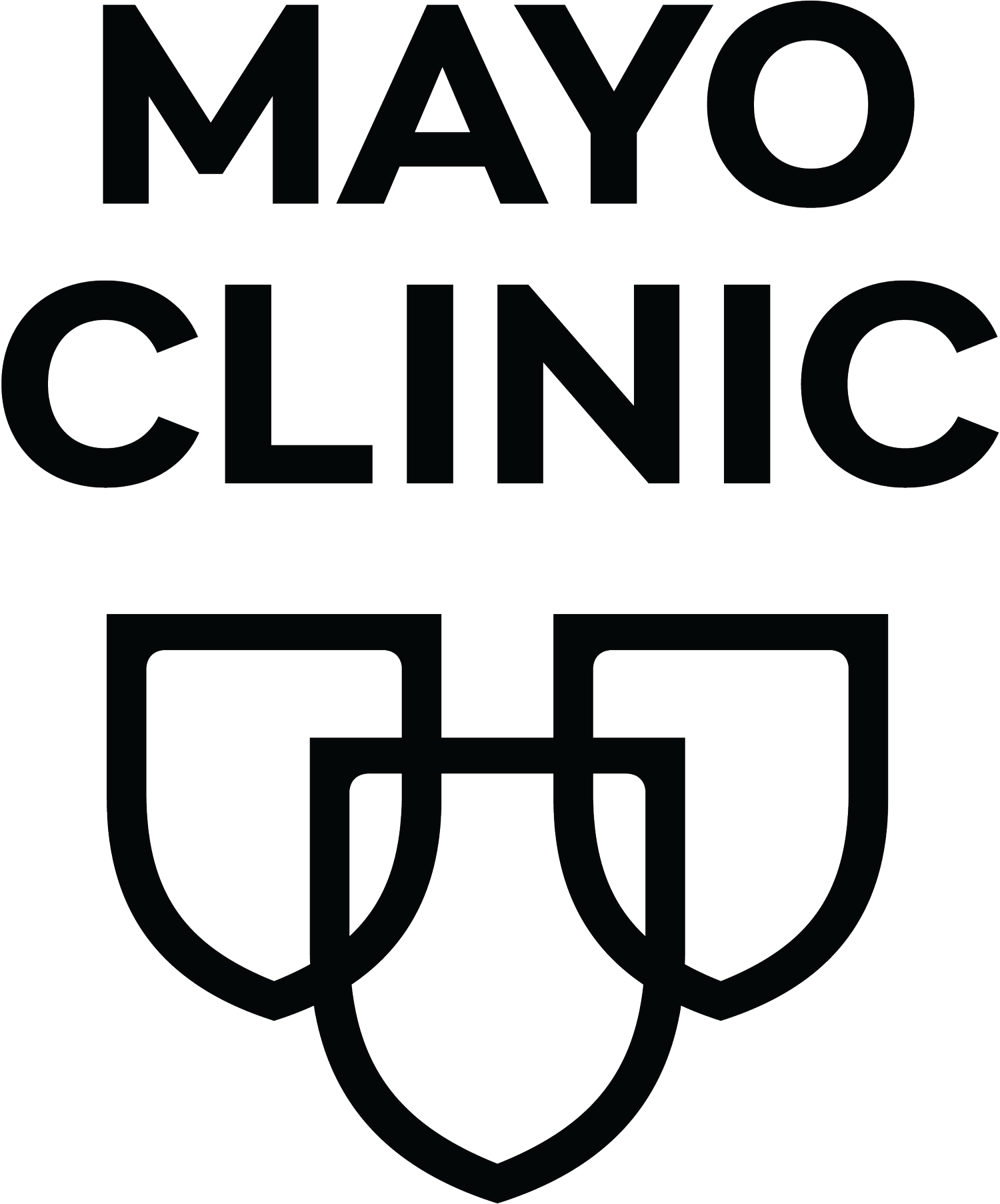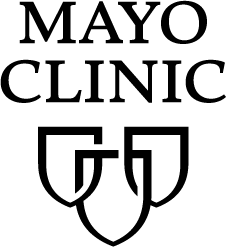Caring with compassion: Salvation Army, Mayo partner to provide healthcare to patients in need
When patients with diabetes come to the Good Samaritan Health Clinic, they often ration their insulin, desperate to stretch what little they have to the end of the month.
"They're deciding between paying for their insulin and paying for their child to eat," says Allison Ducharme-Smith, M.D., an internal medicine physician at Mayo Clinic and the medical director of Good Samaritan Health Clinic. "They shouldn't have to make those kinds of choices."
The Good Samaritan Health Clinic — operated by The Salvation Army and supported by volunteer staff from Mayo Clinic — is taking steps to change that.
The clinic offers patients the care and medication they need at no cost. With the guidance of Mayo's endocrinologists, patients also gain hope for a future not dominated by diabetes.
Nearly half of the clinic's patients are Hispanic or Latino — a group that faces more than double the prevalence of diabetes as non-Hispanic white people. Since they aren't eligible for health insurance, the clinic is one of their only options for healthcare outside of the emergency room.
Volunteering to support the clinic
Mayo Clinic plays a vital role in the path to healing for patients at the Good Samaritan Clinic.
"Mayo literally feeds the medical clinic," says Rebecca Snapp, director of Community Engagement for the Rochester branch of The Salvation Army. "We wouldn't have a medical clinic without both the financial support of Mayo Clinic and the time dedicated by its providers."
Every medical clinic and pharmacy volunteer is a Mayo Clinic staff member, retiree or student. This coalition of compassionate people makes it possible for the clinic to serve around 1,800 patients a year with only a few paid staff members.
As part of their curriculum, all Mayo Clinic internal medicine residents volunteer at the Good Samaritan Health Clinic, says Dr. Ducharme-Smith. Residents learn to care for patients in a limited-resource setting. With the help of these residents, the clinic can put two more acute care clinics on its weekly calendar.
Expanding care
At first, clinics treating short-term conditions like rashes or infections were all that were offered at "Good Sam," as the clinic is affectionately known. However, when the caregivers noticed how many patients dealt with chronic disease, they expanded the clinic's scope.
In addition to offering general medical care, the clinic addresses more specialized needs, including psychiatric support, breast care, cardiology and rheumatology.
There's also a dental clinic to provide emergency treatments for uninsured people or those with inadequate dental insurance. Many of the people who staff the dental clinic are volunteers from Mayo who care for about 1,200 patients a year.
"I go from my primary care clinic at Mayo to volunteering in the evening at Good Sam," Dr. Ducharme says. "I see very similar things, but more advanced stages of disease."
Extending care beyond the clinic
The partnership between the Salvation Army and Mayo Clinic is making it possible to extend care to patients beyond the Good Samaritan Clinic.
When an elderly Cambodian woman arrived at the monthly eye clinic, she had to be escorted in by a relative since "her cataracts were so large that she was nearly blind," recalls Snapp.
After examining her, Mayo Clinic's ophthalmologists referred her to Mayo Clinic for cataract surgery, made possible through Mayo's Charity Care program. The procedure allowed the patient to walk independently, no longer requiring an escort.
"There's such a commitment to compassion, equity, faith and hope for people we wouldn't normally encounter in our day-to-day practice," says Ashok Patel, M.D., a pulmonologist at Mayo Clinic and a former member of The Salvation Army's advisory board.
Providing financial assistance
Mayo Clinic is backing its commitment to compassionate care with financial help for the clinic, as well.
Mayo Clinic's third-quarter grant and sponsorship program gave more than $600,000 to nonprofits in Olmsted County. Mayo Clinic donated $120,000 to support the Good Samaritan Health and Dental Clinic's operations. The organization also contributes more than $50,000 worth of medications to the Good Samaritan Clinic pharmacy each year.
Overall, Mayo Clinic has provided over $3 million in grants and sponsorships to more than 100 organizations this year, and the annual total typically reaches around $5 million.
There's more to come. Each winter, Mayo Clinic matches Rochester's Red Kettle donations — up to $50,000 in 2022 — to support the charity's growing needs.
Planning the future
This commitment is what motivates Dr. Ducharme-Smith to continue expanding the clinic's services.
Her list of goals is admirably ambitious. Eventually, she hopes to add a pulmonology clinic, switch to electronic health records, begin offering preventive care, hire a social worker and add a Spanish-speaking staff member to better reach the care population.
"The mission of the Good Samaritan Health Clinic aligns with Mayo Clinic's primary mission and core values," Dr. Patel says. "We can't always measure the immeasurables — compassion, teamwork, healing, hope — but through this relationship, the unbearable becomes bearable for patients and our community."

